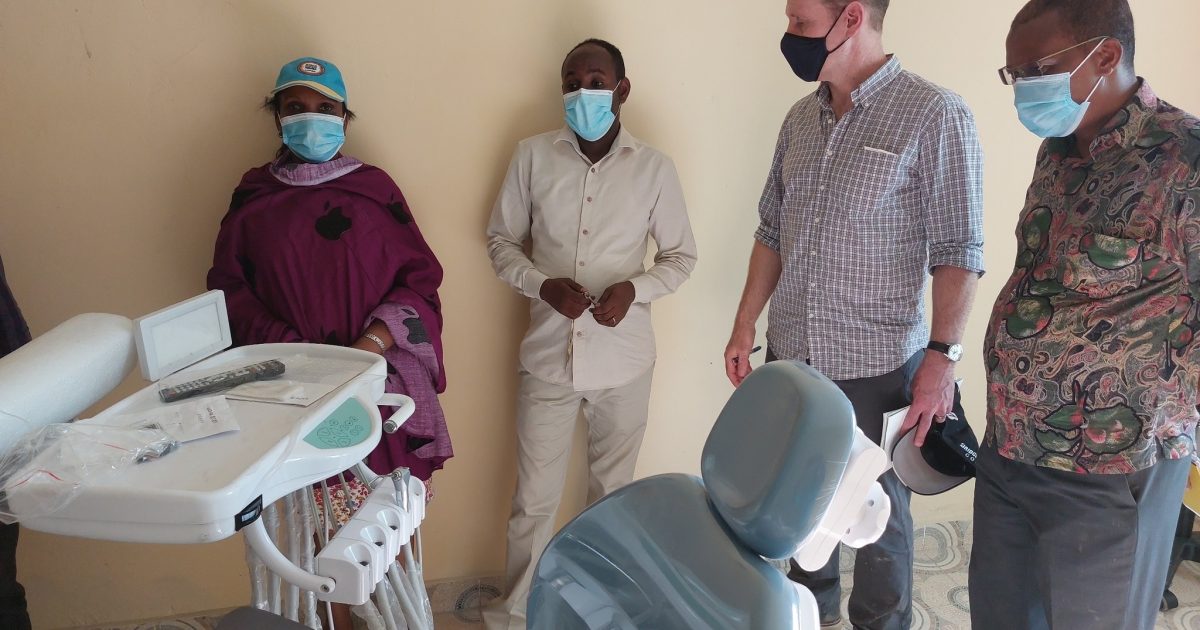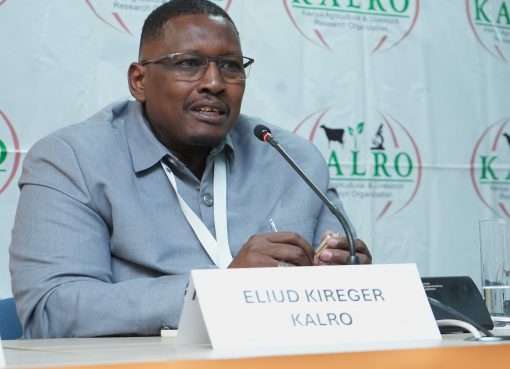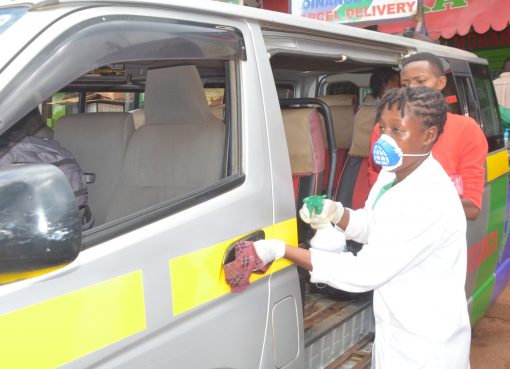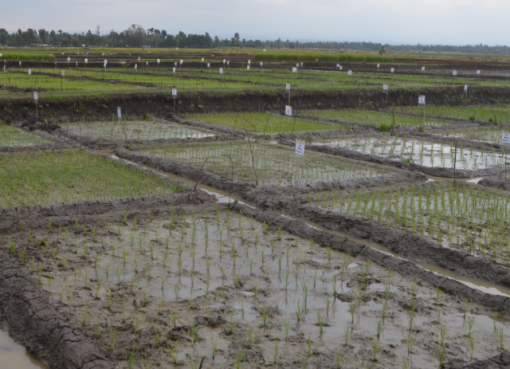The World Bank has extended the Sh 10 billion Kenya Development Response to Displacement Impacts Project (KDRDIP) for a period of one year to allow the communities and the government to complete the works which was interrupted by covid-19.
The program which covers Garissa, Wajir and Turkana counties has been anchored on changing the lives and the livelihood of communities hosting refugees by providing money for entrepreneurship to the community groups, improving their health and education facilities and ensuring the people have sufficient water supply through drilling of boreholes.
Garissa County got the lion share of Sh 4.2 billion while Turkana and Wajir counties got 3.3 billion and 2 billion respectively.
Speaking after touring several development projects under KDRDIP in Lagdera and Dadaab sub counties, World Bank’s team leader for the project Matt Stevens said that due to interruptions of the implementation of the project by the covid-19 pandemic, the bank is going to extend the program for 12 more months.
“The project is supposed to end in April 2022 but we are now in the process of extending it to April 2023 in response to Kenyan government request. Because of the covid-19 situation, they need more time to finish things so there will be a 12-month extension but beyond that is a matter of the government to decide,” said Stevens.
Stevens said that the World Bank is doing a midterm review to see whether the money for the project has been used for the right purpose and meets the needs of the communities.
“We also want to see if the communities have the capacity to make decisions themselves and manage the projects and they have the knowledge, the skills and the confidence they need to implement the project because this is a community based development project,” he said.
KDRDIP National Coordinator Dr. Ann Kinyua said that it had taken them a lot of time to sensitize and train the communities to be able to understand how the project works and set their priorities right.
She however noted that her team would be able to finish the program within the extended one year.
“This project has a lot of impact and benefit to the communities and it is them asking for the extension,” Kinyua said.
“We have been able to construct hospitals and schools, drill boreholes and supply water to communities and enabled them to start business that will improve their lives and livelihoods in the long run,” she added.
Speaking at Hagar Borehole in Lagdera Sub County, Community Elder Idris Sahal said that KDRDIP had helped the community in solarizing of the borehole to substitute the use of diesel because the people could no longer afford to pay for water due to the current drought that has left most of their livestock dead.
He said that now everyone can access free water for human consumption, livestock and even for wild animals.
Idris said that with permanent water points in the area, there is hope for a permanent settlement for the communities which will create stable health and education facilities.
“We are asking for more opportunities and funds so that we can develop our communities further. We need more water points, more hospitals and schools so that we don’t have to walk for kilometers to seek medical services,” said Daudi Dubo who is the Community chairman for the audit committee in Dertu.
By Erick Kyalo





